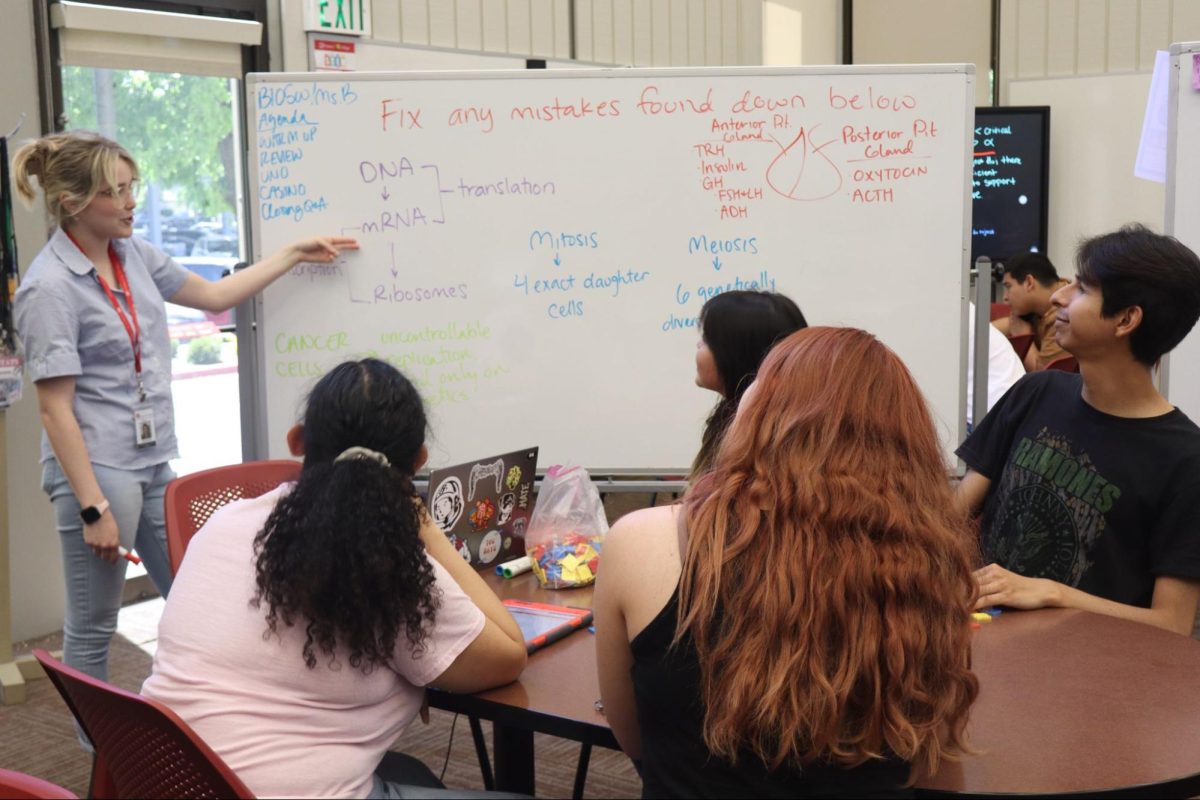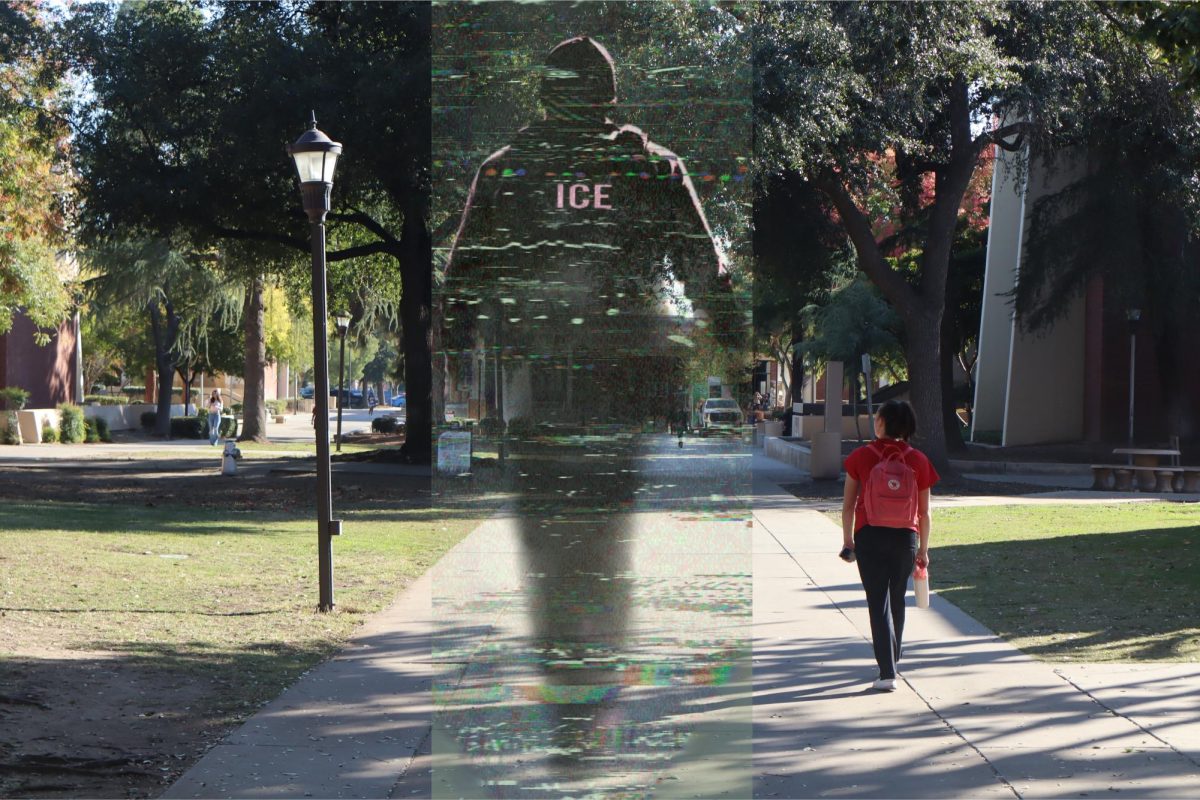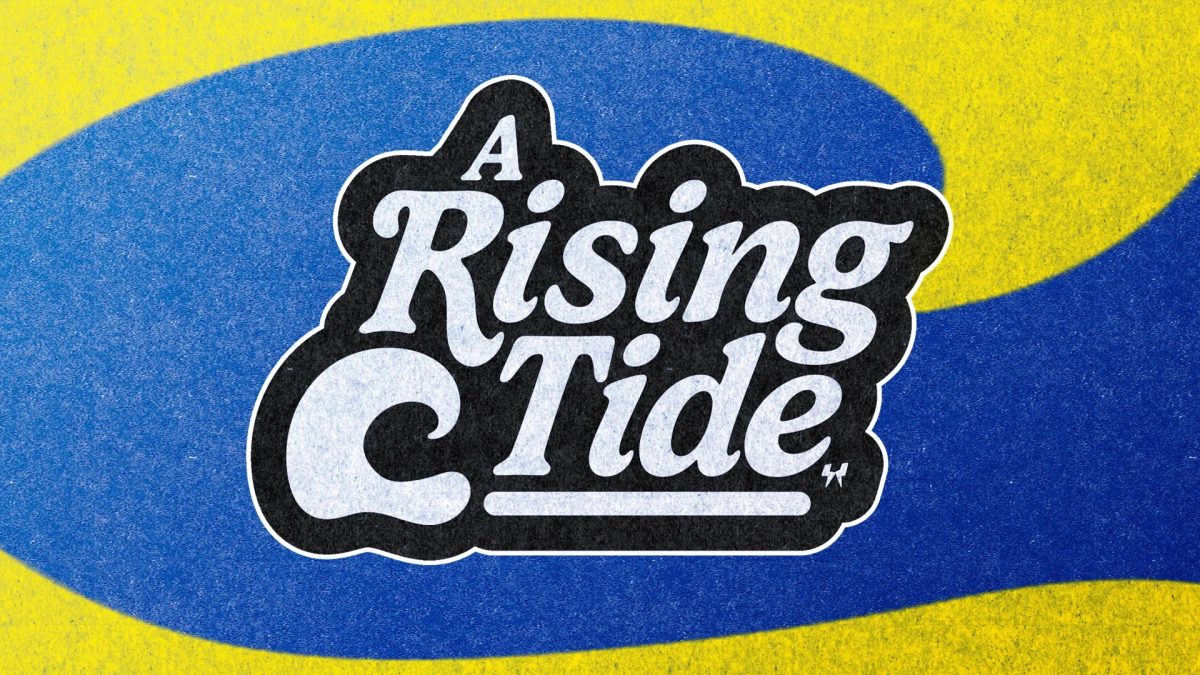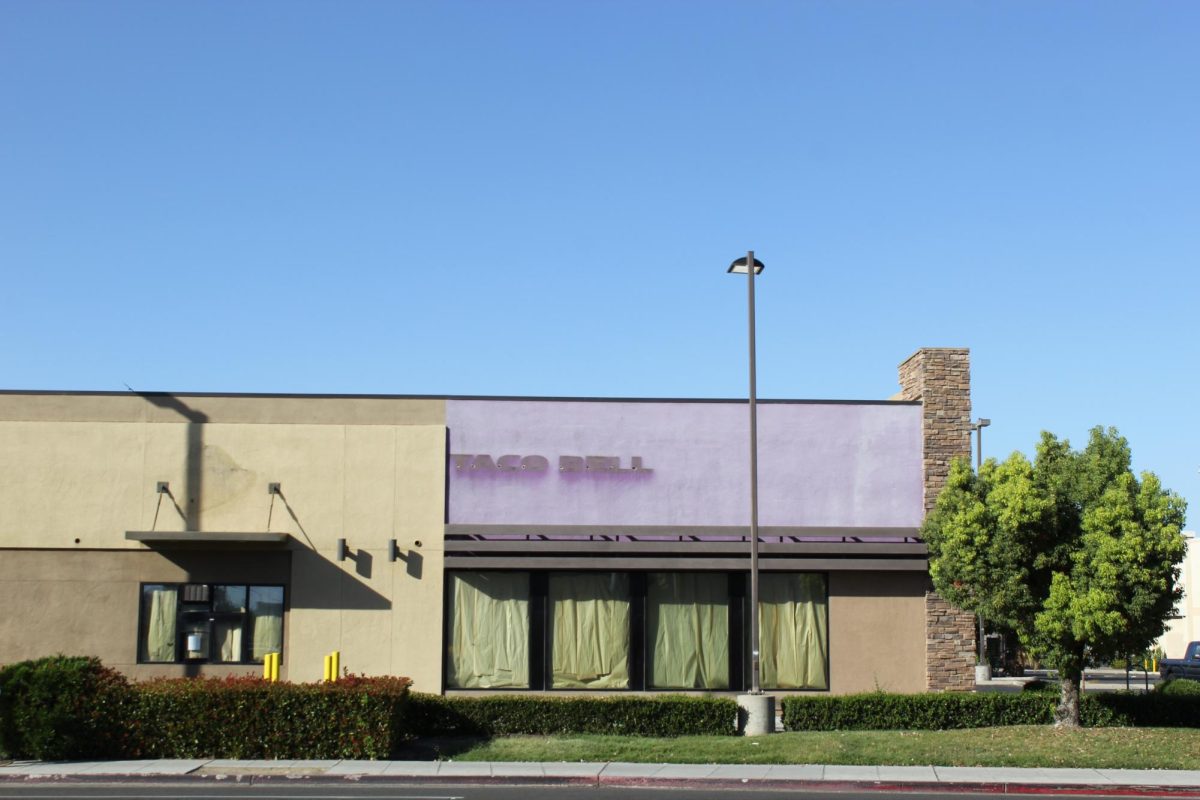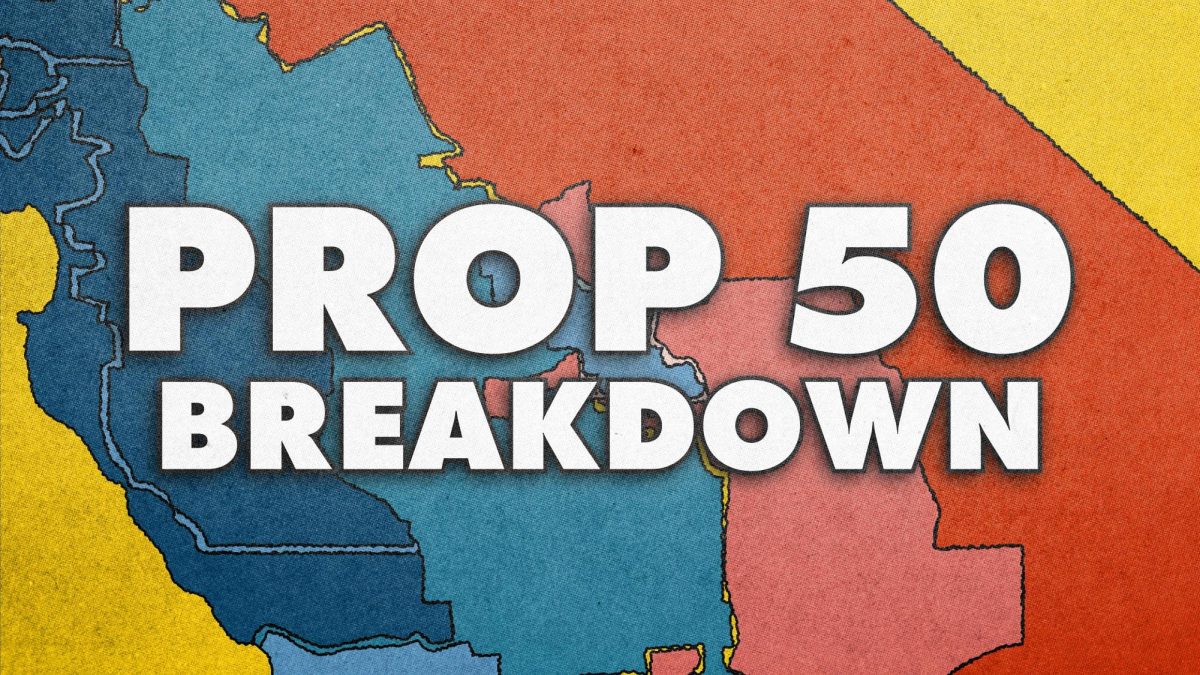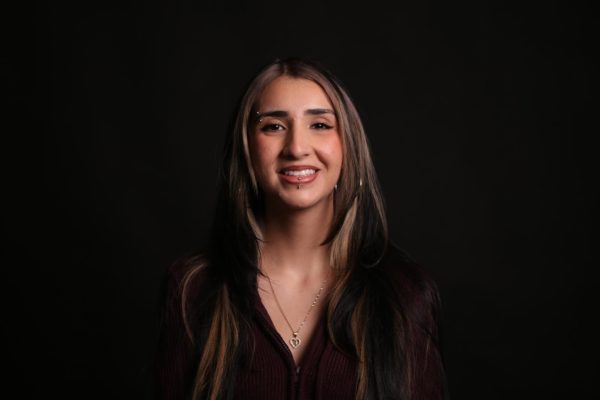Fresno City College’s tutorial services offer a comprehensive range of academic support across various subject areas, such as biology, English, history and 31 other distinct subject areas. Their services include both in-person and online tutoring during the spring 2025 semester.
Online tutoring is available via Zoom through the FCC website, and if a tutor isn’t online, someone from the center will attend the session to help.
According to the Extending the Class (ETC) tutoring coordinator and tutorial chair Matthew Islas, almost all of their services are offered online.
There are laptops available for students to check out. In-person tutoring has various locations across the campus, including the Tutorial Center (LI-134), Peer Assisted Study Sessions (PASS) Center (LI-142), and Writing and Reading Center (LI-113).
Islas believes this creates opportunities for students to engage with each other, to bounce ideas off each other.
His role in the embedded tutoring program is to work on pairing students with faculty members across the campus. He pairs the non-English and non-math courses, everything else in between and they provide an embedded tutor.
“Think of it like a personal tutor for your class,” Islas said.
Students can choose to use a tutor that is embedded in their class or go to the various in-person tutoring sessions and online.
“Really it’s an opportunity for everyone to engage with each other. An opportunity for students to bounce ideas off each other,” Islas said.
Islas believes that students are able to learn from one another and pick up certain strategies that one could use instead.
Islas noted that even students who prefer to work independently often end up seeking help when a question arises -– something he has frequently observed during his time at the tutoring center.
Students are able to raise their hand and have a tutor come over to help them with their question and can go back to working independently.
According to Islas, “it’s not meant for any specific type of student, ones who are doing poorly, ones who are not understanding the material. We get a lot of different types of students here.”
Islas expresses the importance of how it is meant for everyone, no matter if you are a high school student here on campus or a returning student or a new one, these services are open for all.
“Our tutors are good at helping create quick learning strategies for them to help with,” Islas said.
While tutors are trying to make sure that the information and content they are providing is done creatively so that they have other various methods of helping with content, they find themselves facing certain challenges.
Tutors try different ways to make learning easier, like using examples or visuals to help students understand the material better.
Islas explains that one of the challenges tutoring coordinators face is when students come in at the last minute expecting to grasp all the material in a single session.
“I get it. I wish there was a simple way to do that, but there’s no short quick answer to that. We will do the best we can,” Islas said.
Islas noted that dealing with last-minute requests has pushed tutors to develop creative learning strategies to better support students in those situations.
“We do stuff as activities, like we have some folks who actually use creative things like board games, Jenga, spinning wheel, and flashcards, breaking things down even simpler where we’re just writing things on the board and utilizing different tutoring strategies,” Islas said.
Monthly training throughout the semester with all the teams gives the tutors that ability to work and learn from one another.
“We have multiple full time and part time faculty members that offer oversight and training. We also offer opportunities for them to collaborate with each other. For tutors to work alongside each other and see what it is that others are doing,” Islas said.
Sean McGuinness is a student aide tutor who started out working for PASS in 2018.
He learned about the tutoring center in his English class where they had a tutor embedded in their classroom.
He mentions how kind and welcoming that tutor was with his class.
McGuinness found himself going to the center to use the printer they have available for students to use and print out the papers they needed for their classes.
“Our instructor made us print out everything. And so having that place to do that for free, it was awesome,” McGuinness said.
One of the things that McGuinness said drew him to the center early on was the free snacks —- a helpful perk for a busy college student.
Snacks and the access to a printer wasn’t the only thing that made McGuinness want to become a tutor.
McGuinness appreciated the relaxed atmosphere at the center, where students aren’t pressured and can seek help informally.
“We don’t schedule appointments. It’s not something where you can work on anything that you need to and if you would like assistance, you can determine that yourself by just calling someone over to work with you,” McGuinness said.
He said the philosophy they use is called E.A.S.E. which stands for empathy, awareness, sensitivity and equity.
As McGuinness explains, they prioritize serving students as people first before the work, so that they focus on what they are doing at the center as facilitating students and meeting their needs.
Janelle Mahealani Bush, a tutor and student aide who started working at the PASS Center in fall 2019, shares the kind of strategies that she uses when working with students.
A “compliment sandwich” is what she calls it. “I address what they did well and then embed, like ‘you did really great on researching, but we need to work on MLA and grammar.’ So finding ways to acknowledge what they did well and then teaching them step by step,” Bush said.
They both understand the challenges tutors face, including how difficult it can be for students to ask for help.
“We’re all students ourselves. This is a peer program, so it’s more conversational and we’re just helping each other along as fellow students. There’s not like a hierarchy of instructions,” McGuinness said.
Even with tutors in the classroom, they take time to build relationships with students, as Bush mentions.
“We’re sitting side by side in the groups, working with them, so they start to feel very comfortable coming to us for help, because we know exactly what they’re working on in classrooms and we build a relationship with professors as well in that way,” Bush said.
Overall, tutors and coordinators are here to help with any subject on campus, it’s a place to get work done or get the support that is needed.
“Just a reminder to students, especially this particular center, PASS, it’s just a nice place where you can do your work peacefully and get support if you would like, but this is also just a place that you should take advantage of because it’s here,” Bush said.
With finals approaching, students at FCC have been using the tutoring center more frequently to prepare for their exams, according to staff.
Cib Mendoza, a nursing major at FCC, goes to the Tutorial Center for her statistics class.
Mendoza was initially nervous about the effectiveness of tutoring.
“I like certainty and I was scared that the people in there weren’t going to be as helpful as if I would go to the teacher during their office hours,” Mendoza said.
She then found two tutors that were knowledgeable and able to help her with her statistics class. Not only did she connect with them academically but she also got to connect with them personally.
“They are able to understand exactly what I’m saying, and then are able to break it down. They dumb it down for me to understand. And I love that,” Mendoza said.
Sophie Van Ophieben, a pre-allied health major focusing on radiologic technology, also finds the tutoring center to be highly beneficial for her studies.
She was taking a biology class and wasn’t going to the Tutorial Center, but now that she has started to go since the beginning of the spring semester, she finds it more helpful.
Ophieben said that regularly attending tutoring has helped her maintain decent grades.
“If I didn’t go, I feel like I would have basically failed the class already. Right now I’m going like every single Tuesday and Thursday, every other day too and I feel like that really helped me too because before I never went, but now I do,” Ophieben said.
Staying in touch with tutors and continuing to go to tutoring sessions is what has helped Ophieben and Mendoza stay on top of their work and grades.
“ETC, it’s always there to help you, they respond really quick too and I feel like it’s beneficial too because they’re also themselves as students too so they understand what’s hard and complicated to grasp,” Ophieben said.
Ophieben observed that over time, she and other students become more comfortable with interacting with one another.

